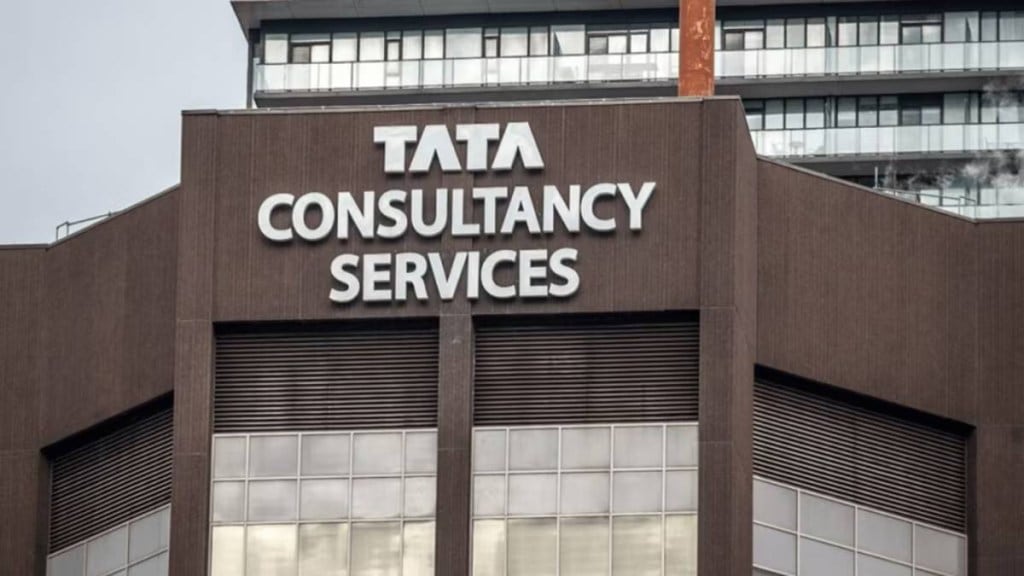Tata Consultancy Services (TCS) is targeting a 1 GW data centre (DC) facility overall but expects to begin with 100–200 MW and scale rapidly, K Krithivasan, chief executive officer of the company, said in an interview with The Economic Times.
“We are looking at a number of places. Many state governments are interested in establishing data centres there. I don’t want to name them at this time,” Krithivasan said, adding that the location has not been decided yet.
Users to bring their own GPUs, CPUs and AI hardware
On Thursday, TCS announced a partnership with global investment firm TPG to launch HyperVault AI Data Centres. Both companies will invest $2 billion, with TCS planning to raise the remaining funds through debt. According to the ET report, Krithivasan said users of the data centre will bring their own GPUs, CPUs, and other AI hardware.
“HyperVault will give customers the option to set up active or passive data centres, create private cloud, or use model-as-a-service,” he said. The new unit will also work closely with hyperscalers and AI companies.
India is the world’s most undervalued data-centre market: TPG
In the same interview with ET, TPG’s executive chairman Jim Coulter called India the most undervalued data-centre opportunity globally. Coulter said, “India has a number of particular advantages which people haven’t been talking about. First of all, you’re short of data centre capacity in the market — a gigawatt on its way to 10 pretty fast… your national grid gives you low-cost electricity; it’s 40% less than the US. And importantly, one of the things people grossly underestimate in this world is the human capital aspect… So I think when you add that up, not only for servicing India but for servicing the world, this is an interesting market.”
Data protection law will boost localisation
Krithivasan said India’s data protection laws will increase demand for localised data storage. He also believes India can become a secure base for foreign data. “I talked about the sovereignty of the cloud. There will be more and more interest in ensuring Indian data resides in India, which is going to require more capacity in India for data centres. And the evolution of some of the laws that the government is talking about can also mean that India can provide a secure sovereign place for overseas data as well.”
Coulter added that global supply chains, capital and data flows are regionalising—creating a major opportunity for India. “his is an important moment for India, not only for its own data, but in a long-term trend of regionalization,” he added.
